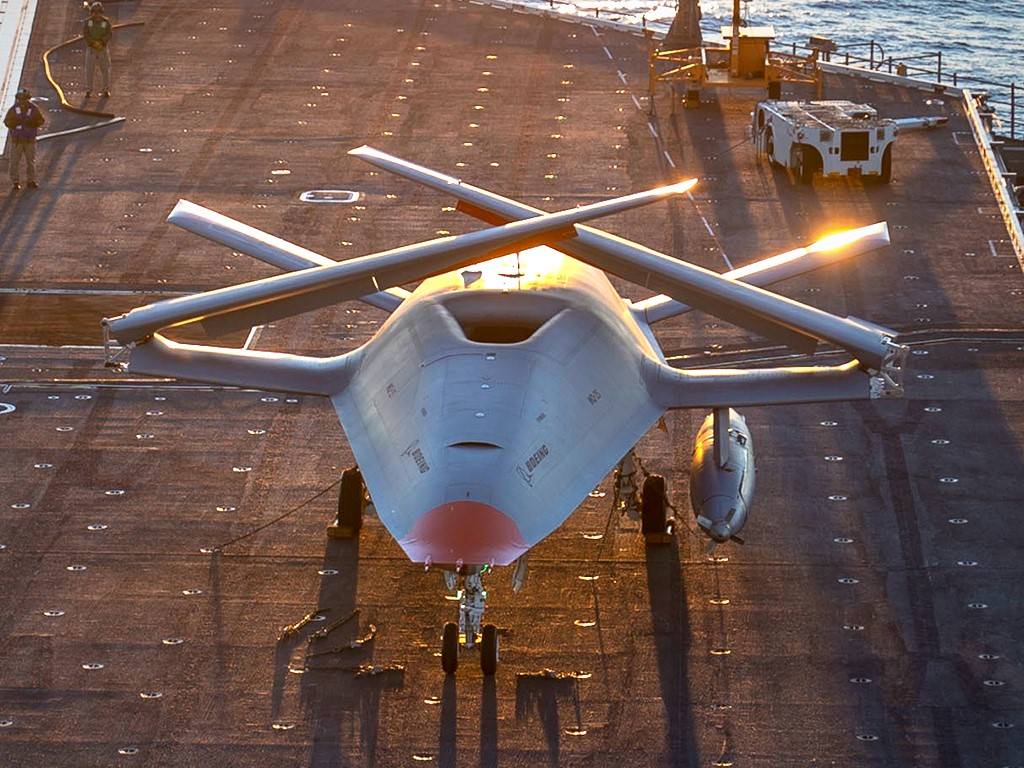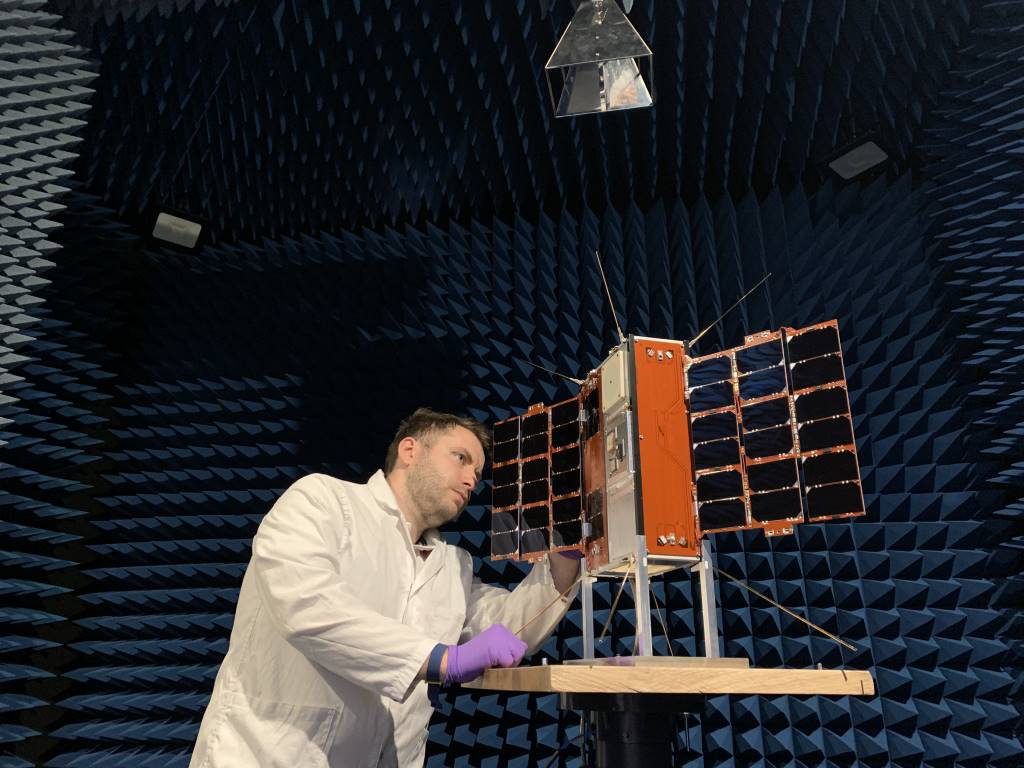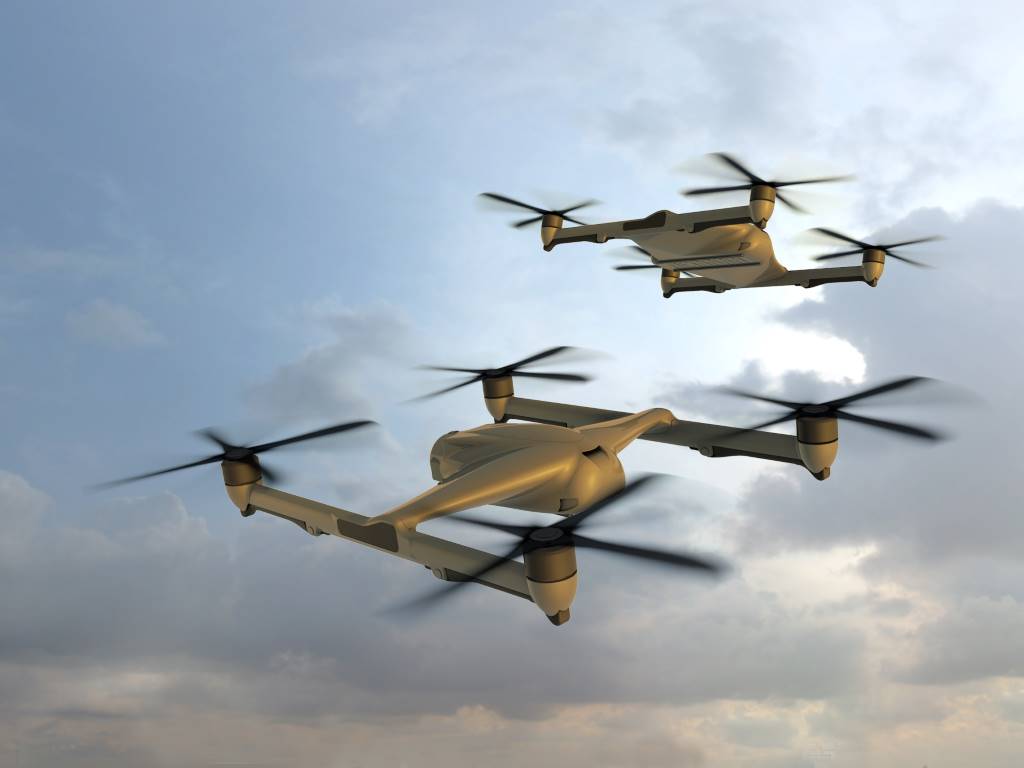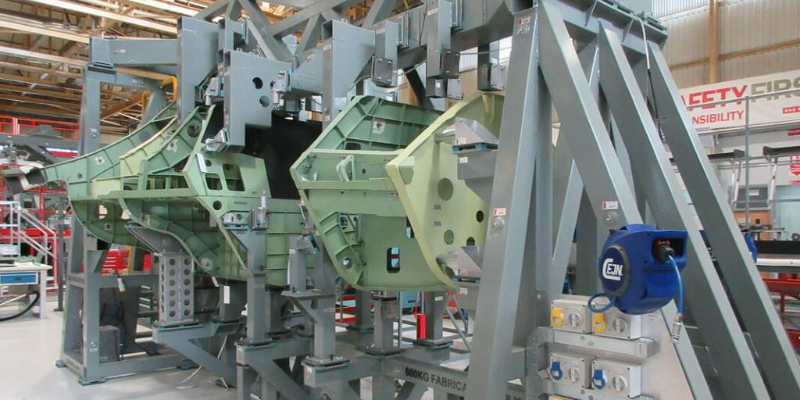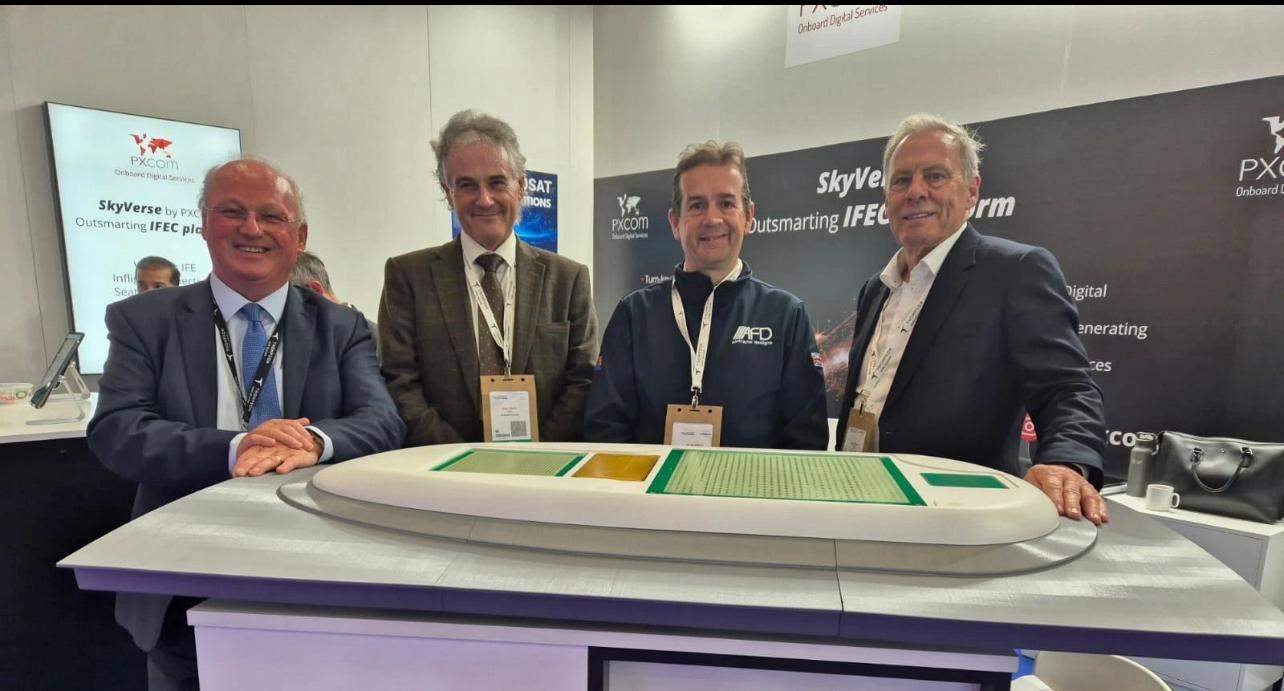
Industry collaborates to bring augmented reality to Hawk aircraft
21st Dec 2022 | In News | By Michael Tyrrell
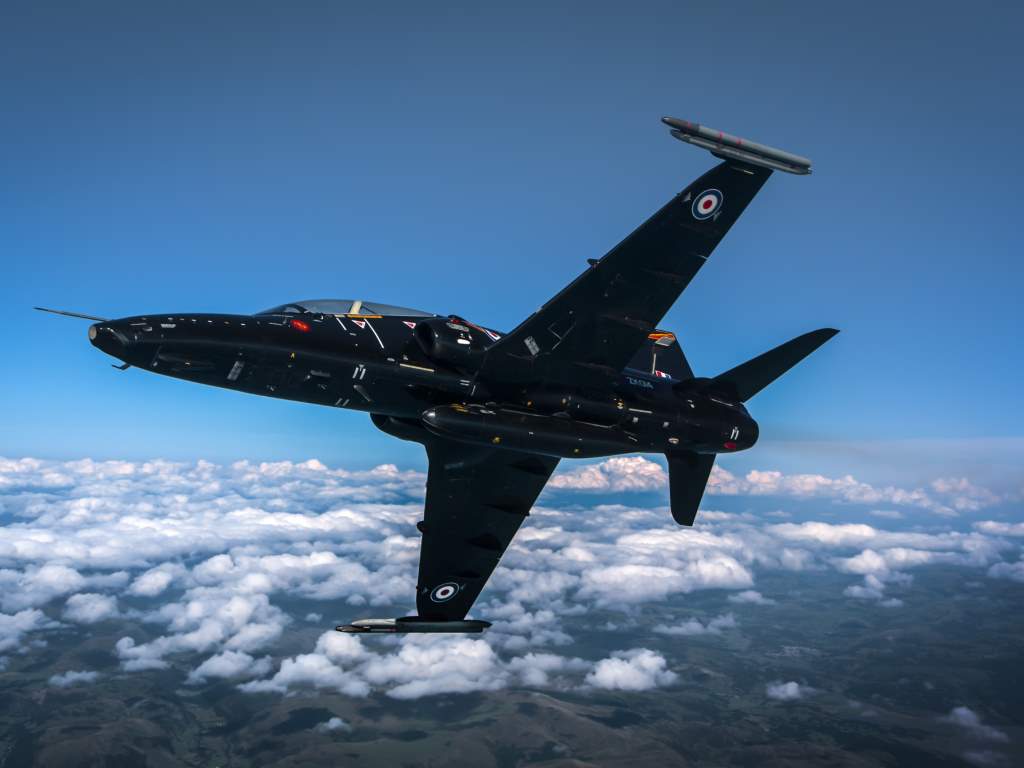
BAE Systems will collaborate with Red 6 to explore the integration of the Advanced Tactical Augmented Reality Systems (ATARS) onto the Hawk fast jet trainer aircraft.
This will enable pilots to identify, engage and defeat virtual threats and co-operate with virtual wingmen whilst airborne.
BAE Systems has signed a Memorandum of Understanding with the augmented reality technology firm, which is at the forefront of synthetic air combat training.
The collaboration will explore ways to combine BAE Systems’ experience in delivering training to military forces alongside its expertise in helmet-mounted displays with Red 6’s breakthrough ATARS technology.
Lucy Walton, head of training, BAE Systems’ air sector, said: "The modern battlespace is becoming increasingly complex and contested and integrating technology such as Red 6's augmented reality with the Hawk aircraft is is key as we prepare pilots for life in a fast jet cockpit for decades to come.
"We’re trusted by armed forces around the world to train over 450 pilots per year and it’s essential we have the right technologies and partnerships to ensure they stay ahead of the curve. We’re really excited to combine our unique insight from working alongside air forces across the globe with the truly game-changing capabilities of Red 6."
Daniel Robinson, founder and CEO of Red 6, said: “Readiness and lethality are critical if our war fighters are to prevail against near peer adversaries. I’m thrilled that BAE Systems recognises the radical innovation that ATARS brings to drive the change in military flight training that is so desperately needed and that together can help drive this transformational shift.”
BAE Systems has been a leader in the fast jet augmented reality market for over 60 years. The Company developed the world’s first heads up display (HUD) for the Buccaneer in 1958 and the family of Striker Helmet Mounted Display Systems (HMDS) used on Typhoon and Gripen aircraft.
Working with Red 6 takes this capability a step further for the pilots of tomorrow, by bringing constructed adversaries, wingmen and surface threats into the training space at a fraction of the cost and emissions of the live equivalent.
Consider a free digital subscription
If you find this article informative, consider subscribing digitally to Aerospace Manufacturing for free. Keep up to date with the latest industry news in your inbox as well as being the first to receive our magazine in digital form.


